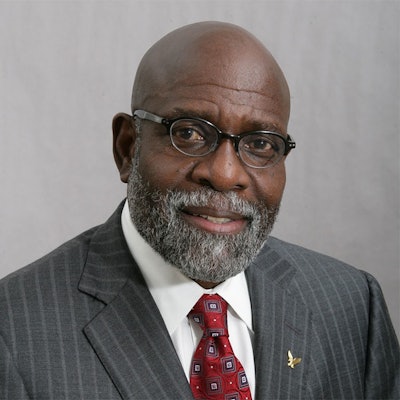To assert that I know a thing or two about university presidential searches is neither hyperbole nor hubris. After all, I have participated in approximately fifteen such searches, received eleven presidential offers, and served as chancellor of public universities in three different states. In addition, my portfolio as vice president of a multi-campus university included oversight for chancellor searches and performance reviews. Now that I have shared my creds, let’s move on to the essence of this column and the hoped-for takeaway, which is this: presidential searches do not have to be messy!
While this assertion may be generally true, it seems that increasingly more presidential searches, at institutions of all types and sizes, are bumping up against the guard rails of reality in the context of overzealous expectations. As one who has worked closely with university boards of trustees for nearly a half century, I am convinced that the most important role of a board is to recruit, support, and retain the services of an effective president and chief executive officer. Failure to do so has potentially catastrophic consequences, not only for the person selected but for the institution as well.
If my assertion is true, what then are the prerequisites for an effective presidential search? While there’s nothing magical about the number of prerequisites, what follows are five that I wish to highlight. Dr. Charlie Nelms
Dr. Charlie Nelms
1. Trustees must determine the type of leadership the university needs before launching a search. A critical aspect of that determination entails seeking input from key stakeholders: faculty and staff, students and alumni, donors, and policymakers, among others. Too often, in my view, trustees and search committees focus on the vision of prospective candidates, rather than articulating their own vision and looking for alignment between their vision and the experiences and attributes of various candidates.
2. The articulation and implementation of a transparent search process is not only essential from the perspective of upholding the longstanding traditions of shared governance, but such a process also helps to ensure applicants that their candidacy will be treated with the highest degree of confidentiality, professionalism, and timeliness. Similarly, it provides the individual selected a positive foundation for commencing their presidency.





















